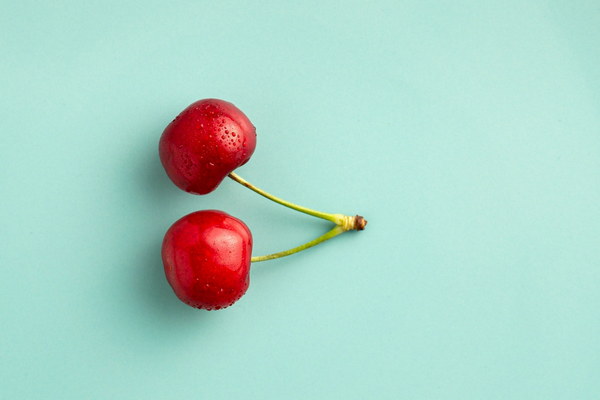Can Astragalus Root Really Help with Kidney Tonification
In the realm of traditional Chinese medicine, Astragalus root, also known as Huangqi, has long been revered for its supposed health benefits. One of the most frequently asked questions about this herb is whether it can truly tonify the kidneys. Let's delve into the scientific and traditional perspectives to explore this topic.
Understanding Astragalus Root
Astragalus root, derived from the plant Astragalus membranaceus, is a staple in Chinese herbal medicine. It has been used for centuries to boost the immune system, improve energy levels, and treat various ailments. The root is believed to have a warming effect on the body, which is why it's often used to tonify the kidneys and other organs.
The Concept of Kidney Tonification
In traditional Chinese medicine, the kidneys are considered the root of vitality and are crucial for maintaining overall health. The concept of kidney tonification involves balancing and strengthening the kidneys to improve energy, vitality, and longevity. This concept is rooted in the belief that the kidneys store the essence or jing, which is essential for the growth, development, and reproduction of the body.
Scientific Evidence for Astragalus and Kidney Health
Modern scientific research has attempted to validate the traditional uses of Astragalus root. Some studies have suggested that Astragalus may have a positive effect on kidney health in several ways:
1. Anti-inflammatory Properties: Astragalus contains compounds that have anti-inflammatory effects, which may help reduce inflammation in the kidneys, potentially benefiting those with kidney diseases such as chronic kidney disease (CKD).
2. Immunomodulatory Effects: The herb is believed to enhance the immune system, which could be beneficial for kidney health by preventing infections that can exacerbate kidney conditions.
3. Antioxidant Activity: Astragalus is rich in antioxidants, which can help combat oxidative stress and protect the kidneys from damage caused by free radicals.
However, while these findings are promising, more research is needed to establish a definitive link between Astragalus root and kidney tonification.

Traditional Uses of Astragalus for Kidney Health
In traditional Chinese medicine, Astragalus root is used for the following kidney-related conditions:
1. Weakness and Fatigue: It is believed to boost energy and vitality, addressing fatigue that may be associated with kidney deficiency.
2. Immune System Support: By strengthening the immune system, it may help prevent kidney infections.
3. Kidney Dysfunction: Astragalus is thought to support kidney function and may be used to treat conditions such as nephritis or nephrosis.
Considerations and Precautions
While Astragalus root may offer benefits for kidney health, it's important to consider the following:
- Consultation with a Healthcare Professional: It's crucial to consult with a healthcare provider before starting any new treatment, especially if you have existing health conditions or are taking other medications.
- Quality of the Product: Ensure that the Astragalus supplement you're using is of high quality and has been tested for purity and safety.
- Potential Interactions: Astragalus may interact with certain medications, so it's important to be aware of these potential interactions.
In conclusion, while there is some scientific evidence to suggest that Astragalus root may benefit kidney health, the traditional practice of kidney tonification with this herb is deeply rooted in the principles of Chinese medicine. More research is needed to fully understand the mechanisms of action and the extent of its benefits. As with any supplement or treatment, it's important to approach it with caution and under the guidance of a healthcare professional.









